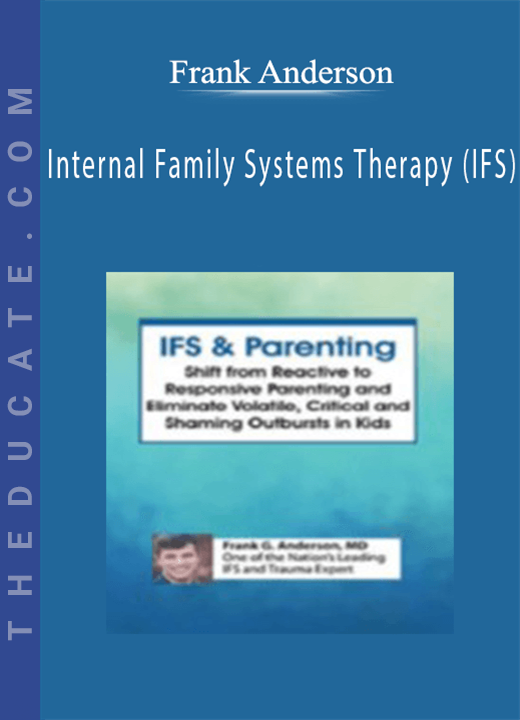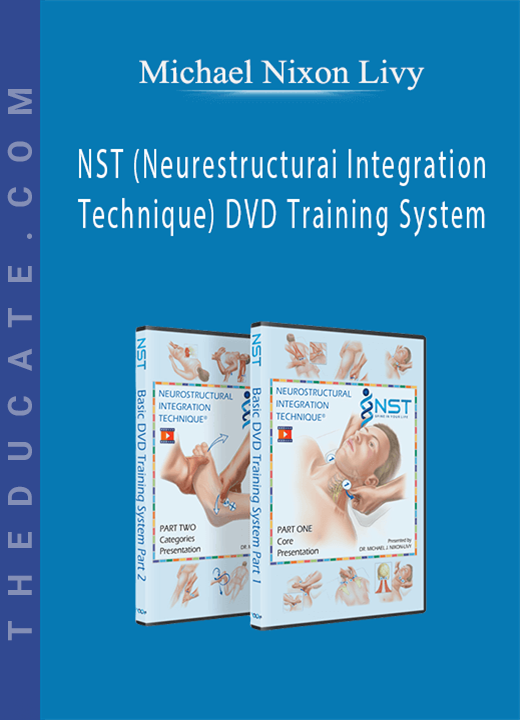Description
A Home Health Approach to Traditional Rehabilitation: Functional Strategies for Treating Cognitive Disorders – Kimberly R. Wilson
Cognitive disorders often accompany traumatic brain injury and other neurological disorders. The cluster of deficits can interfere with activities of daily living, goal attainment, and safety. Due to the nature of cognitive disorders, it can also interfere with progress in physician ordered therapy to improve functional skills of daily living and safety.
The decreasing inability to attend to, process, or recall information, and difficulty problem solving while executing a task can result in increased frustration and decreased quality of life for those with cognitive impairments. The families of these patients often have increased anxiety related to their loved one’s safety in independent living, and feel helpless in aiding their loved ones in boosting cognitive success in daily life. Accurate assessment and diagnosis coupled with an individualized treatment plan is crucial to improving a patient’s safety and quality of life.
In this recording, clinicians will learn how to create a patient-centered environment that facilitates increased practicality in assessing and treating cognitive disorders. In addition to providing an overview of the characteristics of cognitive impairments, clinicians will learn functional ways to track client progress and to facilitate increased generalization of techniques from the clinical setting to the patient’s home setting. Lastly, clinicians will take away practical tips on how to educate and incorporate the patient’s family in therapy for continued cognitive success long after discharge from formal cognitive rehabilitation.
- Identify the characteristics of a cognitive disorder
- Compare between severity levels based on daily function and standardized assessments
- Distinguish what co-morbidities are present or contributing to cognitive deficits
- Create a patient-centered setting
- Recognize patients’ goals in order to write patient-centered goals for improved positive treatment outcomes
- Design goal oriented treatment plans based on increasing positive patient outcomes
- Evaluate objective measures of functional gains in treatment
- Outline an education plan for caregivers on how to be a cognitive support for the patient
THE HOME HEALTH MODEL
- Definitions
- Benefits and limitations
- Clientele
- Elderly
- Sufferers of debilitating physical or mental illness
- Military service members
- Differences from traditional therapy
COGNITIVE DEFICITS
- Causes
- Symptoms
- Types of deficits
- Differentiations between cognition and executive functio
CREATING A PATIENT-CENTERED ENVIRONMENT
- Assessment
- Standardized evaluations
- Traditional
- Computer-based
- Clinical observation
- Key elements to survey
- Home evaluation
- Standardized evaluations
- Diagnosis
- Severity
- Critically thinking about the results of assessment and clinical observation
- Impacting factors
- Medication
- Pain
- Family dynamics
- Mental or behavioral health issues
- Severity
- Treatment
- Patient-centered goals for the clinician and patient
- Strategies
- Home modification
- Home Cognitive Exercise Program
- High level therapy models
- Return to work or school
- Hobby-based
EDUCATION
- Patient
- Family or support system
- Staff
CASE STUDIES
- Rehearse application of the principles of patient-centered care
- Stroke
- Dementia
- Traumatic Brain Injury
- Practice all phases of patient-centered care
- Assessment/diagnosis
- Treatment
- Discharge







8 reviews for A Home Health Approach to Traditional Rehabilitation: Functional Strategies for Treating Cognitive Disorders – Kimberly R. Wilson
There are no reviews yet.